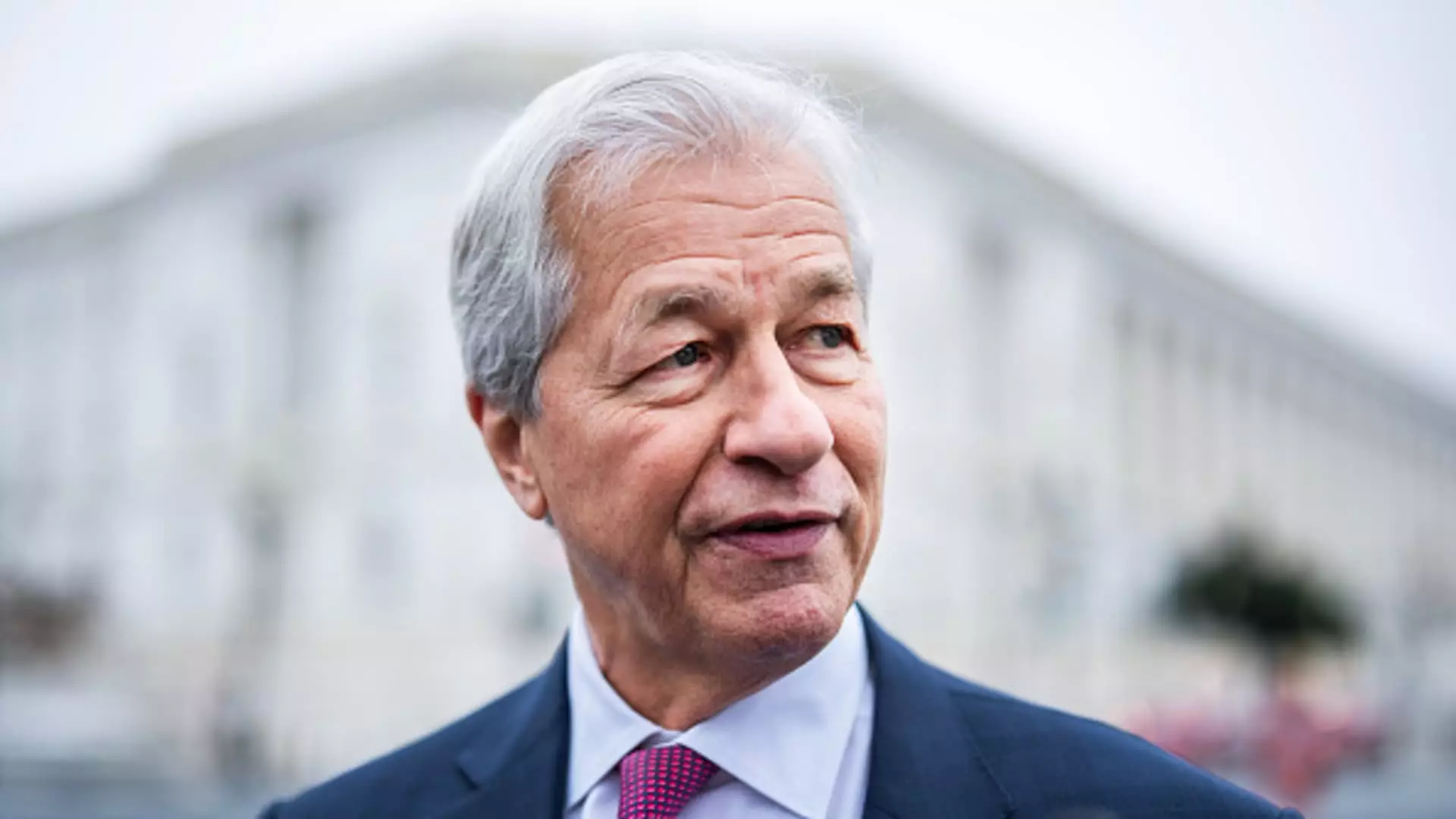The Consumer Financial Protection Bureau (CFPB) was established in the wake of the 2008 financial crisis to safeguard consumers from questionable lending practices and to ensure transparency in the financial industry. For years, however, this agency has been a target for financial institutions that argue its oversight stifles innovation. With the current political climate, particularly the recent actions aimed at underfunding the agency, the narrative has morphed. Strangely enough, banks that have historically criticized the CFPB may soon find themselves, paradoxically, in the position of defending it.
This apparent contradiction raises the unsettling question of whether the agency should continue to shoulder its heavy burdens. As the Trump administration’s machinations appear poised to severely weaken the CFPB, the implications could echo back to a pre-financial crisis atmosphere. Consumers would once again find themselves vulnerable to predatory nonbank lenders, a phenomenon we believed we had left behind.
The Rise of Nonbank Financial Entities
In recent years, nonbank entities such as fintech companies and payment apps—including giants like PayPal and Cash App—have gained traction. These organizations are not bound by the same stringent regulations that traditional banks face, which leaves consumers exposed to a range of potentially exploitative practices. If the CFPB is effectively dismantled, large banks may find themselves competing in an uneven playing field where the new players are free from the scrutiny that has traditionally held banks accountable.
Prominent banking attorney David Silberman rightly points out that the CFPB is the only federal body ensuring that non-depository institutions are overseen. A diminished CFPB would create a vacuum of accountability, allowing these nonbanks to operate far beyond the regulatory reach, which could lead to serious repercussions for consumers who are seeking reliable financial solutions.
Why Banks Should Join Forces with the CFPB
As the CFPB faces the threat of radical cuts, it seems ironic that financial giants may have to reconsider their position on this regulatory body. Jamie Dimon, CEO of JPMorgan Chase, has publicly admonished fellow bankers to “fight back” against overly zealous regulation, yet the growing acknowledgment among executives that a weakened CFPB could actually hurt their firm is noteworthy. This change of heart on the part of banks signifies that there is merit in the effectiveness the CFPB provides, even to those who loathed its existence just a few years ago.
The inherent conflicts of interest in financial industry lobbying are starting to unravel. It reveals an essential truth: regulatory oversight is not just about limiting bank operations; it’s about establishing a fair market. Without the CFPB, smaller institutions, such as credit unions, may face daunting challenges as they attempt to compete under similar scrutiny as their larger competitors.
What Lies Ahead for Consumer Protections
The removal of the CFPB could have dire consequences. The agency not only aids consumers but serves as a watchdog over the financial services industry, ensuring that consumer rights are protected. The potential leadership under Russell Vought, who advocates for dismantling regulatory structures, could lead to significant layoffs and the crippling of the agency’s operational capabilities. Reports indicate that plans are underway to streamline the CFPB workforce drastically, potentially leaving it with only a handful of employees tasked with enforcing consumer protections.
The implications of such a move are alarming. What happens when consumers find themselves without a fair arbiter to seek justice? Who will take accountability when predatory practices resurface? The current administration appears poised to plunge us back into an era devoid of adequate consumer protections.
The Role of Politics in Financial Oversight
The alignment between financial institutions and Republican politics may well have led to a dangerous miscalculation for the industry. By actively seeking to diminish the CFPB, banks and financial entities may inadvertently summon a new era of rogue financial operations where nonbank institutions practice with impunity. This situation could spiral into a scenario in which vulnerable communities experience the brunt of financial exploitation, thus exacerbating societal inequalities.
In the long run, banks must recognize the value in a balanced regulatory approach—one that fosters economic growth while maintaining essential safety measures. Simply put, the rhetoric against the CFPB needs to shift towards constructive dialogue that emphasizes thoughtful policymaking, rather than reckless deregulation that threatens the financial prospects of average Americans.
The debate surrounding the CFPB is far from black and white; it is fraught with moral implications and economic consequences. It is crucial that we do not allow political maneuverings to jeopardize consumer protection in pursuit of an unregulated free market. The stakes are high, and the well-being of countless Americans hangs in the balance.

